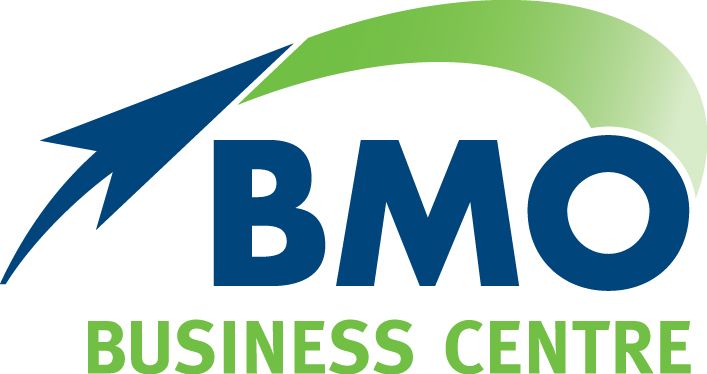Managing your Financial Health
Understanding financial health.
Financial health is an important part of our lives. When we take care of our financial health we can better manage financial stress and achieve our financial goals.
Financial health is made up of three components:
- The ability to meet everyday commitments like paying your bills and making loan repayments
- The resilience to cope with and recover from unexpected financial events, like your car breaking down or losing your job
- Putting yourself in a position to plan for the future and pursue your goals.
When we maintain good financial health we’re in a better position to handle life's ups and downs.
How we can help
We can help you build your financial health and better understand your finances.
Start saving
Once you know what you’re spending your money on, you can focus on saving. You can do this by setting up a savings goal using an app. If you’re just getting started, we can help you reach your savings goals.
Understand credit and your creditworthiness
If you’re considering credit, it's important to understand what credit means, the different types of credit and how to manage it.
It’s also important to be aware of your credit rating and your creditworthiness. The better your creditworthiness, the more ways you’ll have to get ahead financially.
Use your credit card effectively
Credit cards can be confusing, so make sure you understand how they work. It’s also important to know about your credit card limit, fees and interest. You should set up a notification to let you know when you’re approaching your limit.
Buying a home
Buying your first home is a huge step. Use a borrowing calculator to estimate how much you could afford and what your repayments would be. If you already have a home loan, here are some practical tips to help you pay off your home loan quicker.
What to do when you’re experiencing financial hardship
If you’re experiencing financial difficulty, there are ways to get back on top. We know it can be hard to pick up the phone – you might feel awkward, embarrassed or stressed. But we understand that sometimes things are outside your control, such as illness or suddenly losing your job.
We’re not here to judge – we’re here to help.
Source: NAB
Reproduced with permission of National Australia Bank (‘NAB’). This article was originally published at https://www.nab.com.au/personal/life-moments/manage-money/money-basics/financial-health
National Australia Bank Limited. ABN 12 004 044 937 AFSL and Australian Credit Licence 230686. The information contained in this article is intended to be of a general nature only. Any advice contained in this article has been prepared without taking into account your objectives, financial situation or needs. Before acting on any advice on this website, NAB recommends that you consider whether it is appropriate for your circumstances.
© 2023 National Australia Bank Limited ("NAB"). All rights reserved.
Important: Any information provided by the author detailed above is separate and external to our business and our Licensee. Neither our business nor our Licensee takes any responsibility for any action or any service provided by the author. Any links have been provided with permission for information purposes only and will take you to external websites, which are not connected to our company in any way. Note: Our company does not endorse and is not responsible for the accuracy of the contents/information contained within the linked site(s) accessible from this page.


